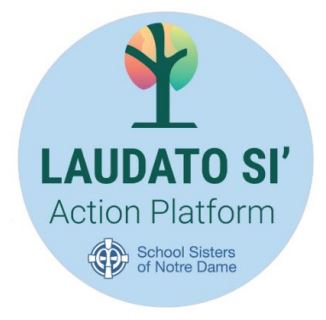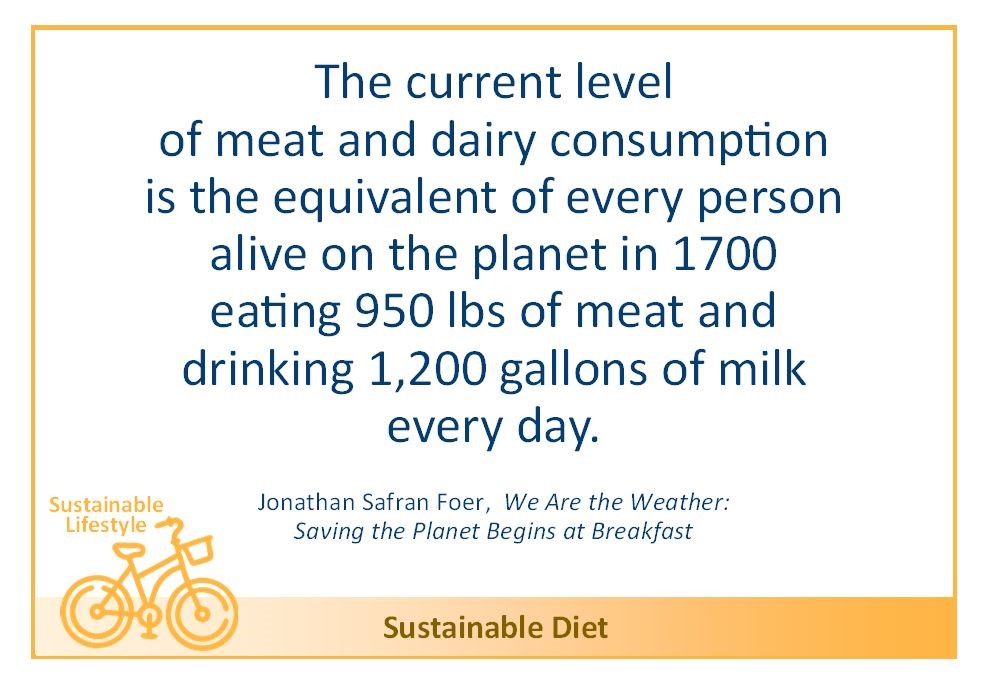 85. God has written a precious book, “whose letters are the multitude of created things present in the universe”. The Canadian bishops rightly pointed out that no creature is excluded from this manifestation of God: “From panoramic vistas to the tiniest living form, nature is a constant source of wonder and awe. It is also a continuing revelation of the divine”. The bishops of Japan, for their part, made a thought-provoking observation: “To sense each creature singing the hymn of its existence is to live joyfully in God’s love and hope”. This contemplation of creation allows us to discover in each thing a teaching which God wishes to hand on to us, since “for the believer, to contemplate creation is to hear a message, to listen to a paradoxical and silent voice”. We can say that “alongside revelation properly so-called, contained in sacred Scripture, there is a divine manifestation in the blaze of the sun and the fall of night”. Paying attention to this manifestation, we learn to see ourselves in relation to all other creatures: “I express myself in expressing the world; in my effort to decipher the sacredness of the world, I explore my own”.
85. God has written a precious book, “whose letters are the multitude of created things present in the universe”. The Canadian bishops rightly pointed out that no creature is excluded from this manifestation of God: “From panoramic vistas to the tiniest living form, nature is a constant source of wonder and awe. It is also a continuing revelation of the divine”. The bishops of Japan, for their part, made a thought-provoking observation: “To sense each creature singing the hymn of its existence is to live joyfully in God’s love and hope”. This contemplation of creation allows us to discover in each thing a teaching which God wishes to hand on to us, since “for the believer, to contemplate creation is to hear a message, to listen to a paradoxical and silent voice”. We can say that “alongside revelation properly so-called, contained in sacred Scripture, there is a divine manifestation in the blaze of the sun and the fall of night”. Paying attention to this manifestation, we learn to see ourselves in relation to all other creatures: “I express myself in expressing the world; in my effort to decipher the sacredness of the world, I explore my own”.
Reflection: Read this paragraph slowly, taking each sentence as a short meditation. What words or phrases particularly catch your attention? Sit in silence, gratitude, and amazement with those words or images. Journal about your reflections, for “in my effort to decipher the sacredness of the world, I explore my own.”
Action: Spend 30 minutes outside, if possible, in silence. Listen, smell, taste, touch the world as it is, whether in the country or in the city. If “to contemplate creation is to hear a message,” what message do you hear? Share this with others.
Spaces of Hope
Certainly hope is very necessary for us in our exile, it's what consoles us on the journey. When the traveler, after all, finds it wearisome walking along, he puts up with the fatigue precisely because he hopes to arrive. Rob him of any hope of arriving, and straightaway his strength is broken for walking. So the hope also which we have here, is part and parcel of the justice of our exile and our journey. Saint Augustine Sermon 158, 8
Maya Angelou, poet and civil rights advocate, recites her poem, “And Still I Rise” in this video clip. It’s just two minutes of liquid hope for all of us; take the time for hope.
Urged by the love of Christ, we choose to express our mission through ministry directed toward education. For us, education means enabling persons to reach the fullness of their potential as individuals created in God’s image and assisting them to direct their gifts toward building the earth. Like Mother Theresa, we educate with the conviction that the world can be changed through the transformation of persons. Thus, our ministry demands a Christian vision of what the human person is called to be and what the world is destined to become. (You Are Sent 22)
Justice for Immigrants
Read this article in the week’s Atlantic about the separation of immigrant children, “We Need to Take Away Children: The Secret History of the U.S. Government’s Family-Separation Policy.” It can be read in English or Spanish. Listen to your heart and your mind and your body as you read it. Sunday’s Gospel from Luke reminds us, “Much will be required of the person entrusted with much, and still more will be demanded of the person entrusted with more.” (Luke 12:48b) What does God demand of us?
Partnership with Haiti
Religious orders in Haiti have called for international intervention this week in order to quell the violence from gangs that they describe as ““diabolical, frightening and unacceptable.” Read more here and keep all those in Haiti and the diaspora in your prayers.
Dismantling Racism
“As a community of educators, we believe that the Nativity school is carrying out the social teaching of the Catholic church to stand in solidarity with all people who face hatred and discrimination. Displaying the Black Lives Matter and Pride flags does not reflect adherence to every tenet of the diverse groups that comprise people of many faiths, ideologies, and philosophies; rather, it expresses the essential truths of Gospel values and the Father’s unconditional love, as well as Jesus’ inclusion of all people in his ministry.” Read the entire letter written by the AMSSND Dismantling Racism committee to Bishop McManus about the Nativity school. Learn about the issues at the Nativity school.
As yet another academic year begins, read and share this National Education Association website on “Teaching with an Anti-Racism Lens.” Read this article about three Canadian educators and how they incorporate anti-racism into their elementary classrooms. Share these articles with other educators!
Dismantling Racism/Justice for Immigrants/Laudato Si’
Racism, refugees, and climate change are all involved in this story from NPR’s Fresh Air interview with Kirk Wallace Johnson which aired last week. Read the transcript or listen to the interview.
Friendships with people who are not poor can be a social determinant in escaping the debilitating effects of poverty. This study, released last week in Nature, looks at the implications of such friendships, and calls out churches and faith-based educational institutions that offer many such opportunities. Reflect on your own parish, and our own SSND sponsored ministries in light of this research. To read the entire academic article, click here.
Climate Change affects our health and disproportionately the health of those who are poor or marginalized. Read this article from STAT about climate change and infectious diseases; think about and pray for those most affected by the recent floods in Kentucky, the fires in the West, the droughts throughout North America, and the heat waves across the Northern US and Canada this summer.
End Human Trafficking
Learn more about social media and young people. What can be good can also be used for online exploitation and manipulation. How much do you know about TikTok? Learn more here. As a new academic year begins, help parents and children to understand more about the connections and the dangers that technology provides.
Climate Change
 “About 40 percent of greenhouse gases come from agriculture, deforestation and other land-use changes. Meat—particularly beef—drives climate change in two ways: first, through cows’ emission of methane, a potent greenhouse gas, and second, by destroying forests as they are converted to grazing land. Despite the economic slowdown caused by the COVID pandemic, atmospheric greenhouse gas levels continued to rise in 2020, in large part because of an emissions increase in the Amazon as rain forests were changed into land for cattle to satisfy the global demand for beef.” Read more here. Eating less meat is one concrete thing we each can do to simplify our lifestyle and care for planet Earth. Eating a more plant-based diet overall is not only good for you but good for Mother Earth.
“About 40 percent of greenhouse gases come from agriculture, deforestation and other land-use changes. Meat—particularly beef—drives climate change in two ways: first, through cows’ emission of methane, a potent greenhouse gas, and second, by destroying forests as they are converted to grazing land. Despite the economic slowdown caused by the COVID pandemic, atmospheric greenhouse gas levels continued to rise in 2020, in large part because of an emissions increase in the Amazon as rain forests were changed into land for cattle to satisfy the global demand for beef.” Read more here. Eating less meat is one concrete thing we each can do to simplify our lifestyle and care for planet Earth. Eating a more plant-based diet overall is not only good for you but good for Mother Earth.
All change begins with one step forward. Make a commitment to modify your diet with one meatless day a week, if possible. Try expanding your options with a different protein source like beans or lentils. And commit yourself to reading the Laudato Si’ reflection each week. One paragraph at a time you can stop and reflect on what we are all called to as a Laudato Si’ community! Share some of the parts of this newsletter with others who might not otherwise consider these issues.
